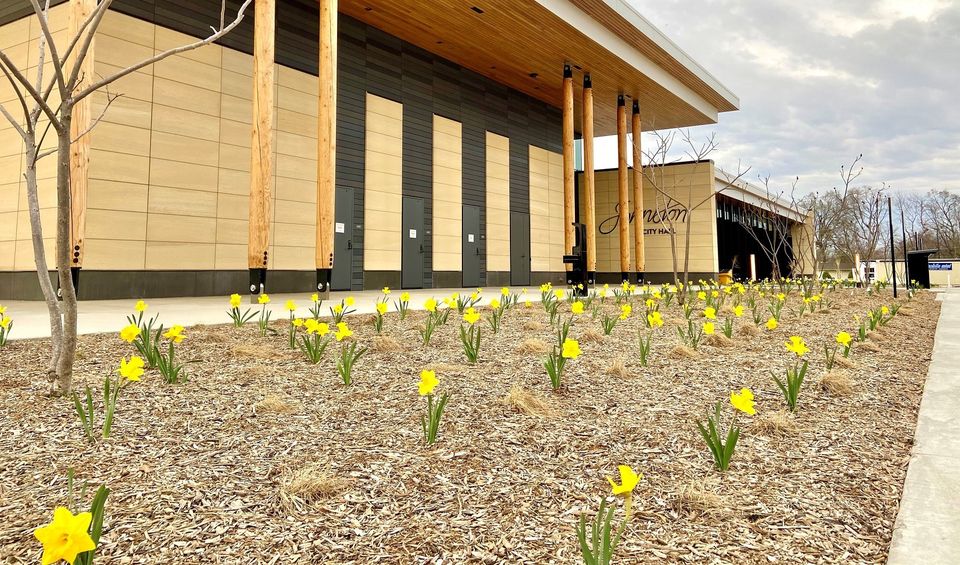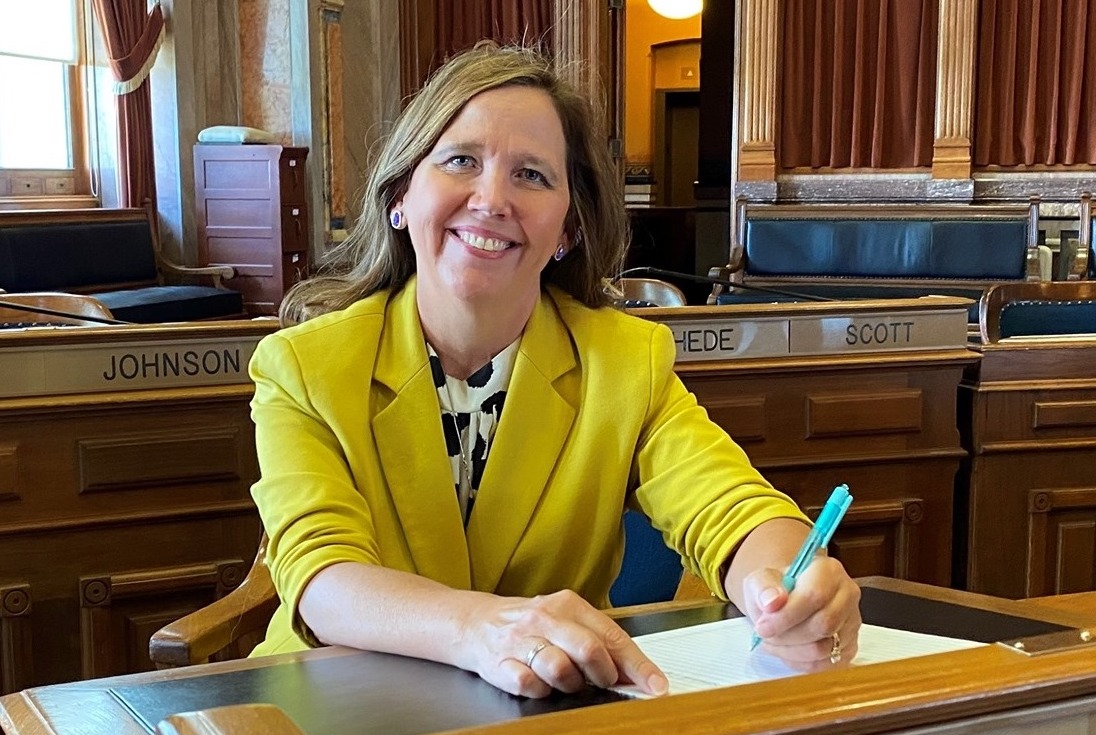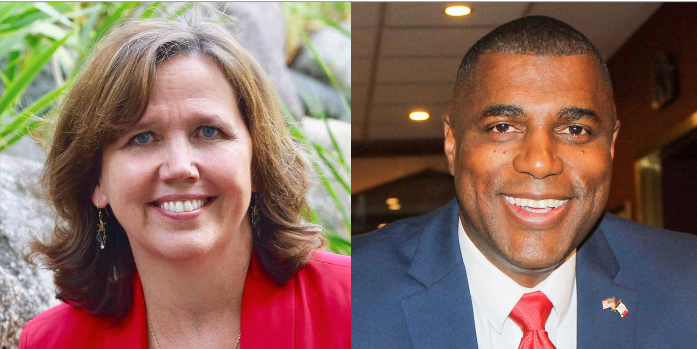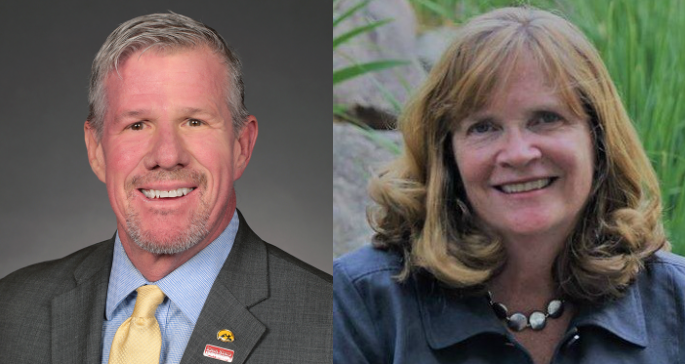The Daily Kos Elections team performs an incredible public service every two years, calculating top-ticket results for every state legislative district in the country. Last week the staff published raw vote totals and vote shares for Joe Biden and Donald Trump in all 100 Iowa House districts and 50 Iowa Senate districts.
Take my advice and bookmark that spreadsheet, as well as an updated Daily Kos Elections spreadsheet showing how residents of each Iowa legislative district voted for president in 2012 and 2016, for governor in 2014 and 2018, and for U.S. Senate in 2014. Even though Iowa’s state legislative boundaries will soon change, the data will remain useful as evidence of changing voting patterns.
For today I want to dive into crossover voting in Iowa, which was the focus of a Daily Kos Elections post on July 26. Ticket-splitting is rarer now than it used to be, but six current House members won last November, even though their constituents preferred the other party’s presidential candidate. Four sitting state senators represent districts that voted for the other party’s presidential candidate in 2020. However, only one of them was up for re-election last year. We can’t know how the other three would have performed compared to Trump or Biden.
This post covers the legislators whose districts went the other way for president, with thoughts about how each House or Senate district might change on Iowa’s next political map.
Continue Reading...







